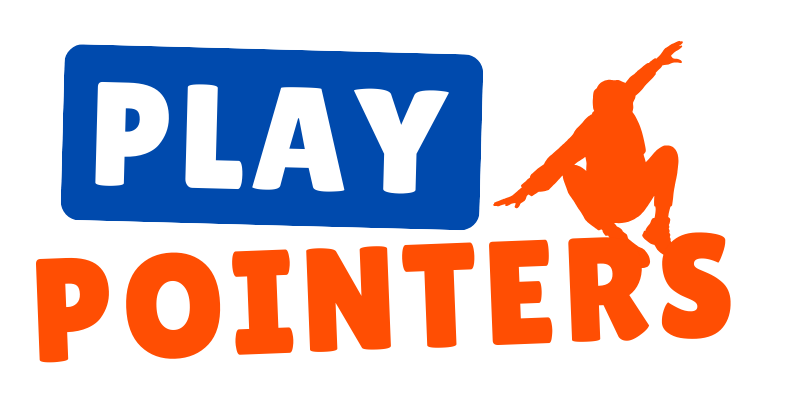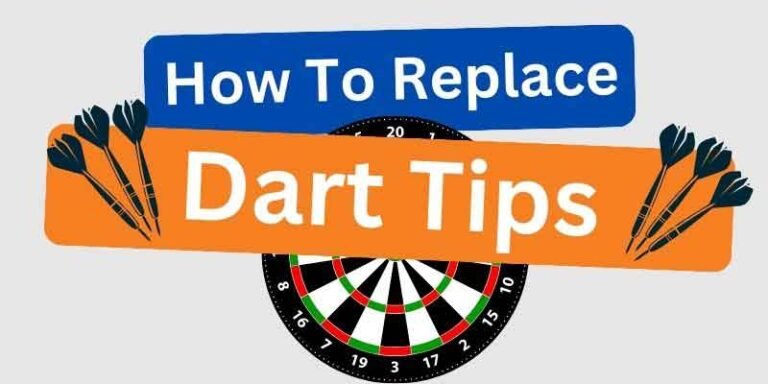Can You Be Naturally Good at Darts?

Key Takeaway:
- Some players may be naturally good at darts, however it doesn’t mean they don’t need to practice
- Whether you’re a beginner or advanced at darts, you will need to practice
- You can over practice, so you’ll get better at darts with shorter, focused practice sessions
- Aim for 1 at least 1 hour a day but no more than 3–4 hours
Can You Be Naturally Good at Darts?
Natural aptitude for darts is a debated topic.
While genetics play a role in some sports, darts is a game that can be improved with practice. Having good hand-eye coordination can give you an edge but building a consistent routine and muscle memory is crucial.
People often wonder if darts is a game of pure talent, or if it can be learned.
Like most sports, you can be good at something because you were born that way with natural talent.
Natural Talent
Natural talent can help you move your performances along the quicker, however the time it takes to get good is usually a long time.
It can depend on a variety of factors, such as;
- Being natural flair for the game
- The individuals’ dedication to getting better
Even if you are one of the ones with a natural flair for throwing darts, that alone is not enough to get to the highest level.
Practice
There are two things that every professional player have in common:
- Practice
- Hard work
Though it is great to have natural talent, and it can be argued that it makes things easier getting to a certain level faster, anyone can get good at darts if they have the right approach.
Which is why to become a skilled darts player takes time and effort.
How Many Hours a Day Should You Practice Darts?
When it comes to playing darts, there’s a fine line between practicing enough to hone your skills and practicing too much, which can lead to burnout.
A beginner should never look to emulate the hours that a professional puts in, as practicing for more than 3–4 hours a day can be a case of diminished returns.
Be Consistent
Regular, consistent and shorter but focused darts practice is better to improve darts skills:
- Aim for at least 1 hour a day of focused practice, but no more than 4 hours
- Take regular breaks in between sessions.
- Split each session into three 20 minutes practice or two 30 minute blocks
- Set realistic goals for the number of hours you want to practice each week.
Take Breaks During Practice Sessions
It is much more practical in darts to train for a reasonable amount of time every day instead of over-practicing.
It is also important to take regular breaks during practice sessions, which aids concentration levels.
The length of the break depends on how long you have been practicing. A good rule of thumb is to take a 10-minute break every hour, but you can adjust it according to your needs.
For example
- If you play for 20–30 minutes before having a break, taking at least 5 minutes between sessions works best.
- If you play for the whole hour, take a 10-minute break.
The more you play, the more you will be able to experiment with the amount of breaks, the time taken for each break and when best to take one.
How Many Hours Do Darts Professional Darts Players Practice?
Professional dart players practice anywhere between 2–10 hours a day, depending on the individual player and their schedule.
- They are involved in so many tournaments all around the world, they may not always practice as much as they would like to
- However, the amount of game time they get, helps keep their form
This helps to keep them at the top of their game during the times they may only get a few hours of practice.
How Many Hours a Week Should You Practice?
Unlike the pros, you don’t need to be hitting the dartboard up to 10 hours a day to improve your game.
It won’t be as beneficial to you, plus when it comes to darts, the game is as much mental as it is physical.
- They have been playing the game for many years, and their level of proficiency is the best in the world
- Over that time, they have developed the ability for long and sustained hours of play, without over doing it
This is important because you can over practice in darts.
To make sure the amount of practice you do is sufficient, the general rule of thumb is:
- Beginner players should practice between 5 and 10 hours per week
- Intermediate players should aim for 10 and 15 hours a week
- Advanced players between 15 and 20 each week
Finding the Right Practice Routine to Get Good at Darts
To optimize your darts practice routine, it’s crucial to tailor it to your unique needs.
Here are a few points to consider while finding the right practice routine for yourself.
- Reflect on Your Goals: Identify what you aim to achieve from your practice sessions
- Maintain Consistency: Make regular and consistent practice a habit, rather than sporadic bursts of effort. Consistency is key to building muscle memory and improving performance over time.
- Monitor Progress: Keep track of your progress and make adjustments to your routine accordingly. This can help you stay motivated and see steady improvements over time.
- Seek Feedback from Others: Get feedback from experienced players to understand areas where you can improve. Constructive criticism can help eliminate bad habits that may hold back your progress.
Keep in mind that what works for one player may not work for another.
Therefore, experiment with various routines until you find the combination that yields the most significant results for you.
When creating a routine, other factors such as age, skill level, physical fitness, etc., also play a role in finding the right balance between rest and training.
Ensure that your practice regime is feasible and sustainable without risking burnout or injury by creating reasonable daily or weekly targets.
What Are the Signs You Are Practicing Darts Too Much?
If you are practicing a lot, there are signs to look out for that maybe telling you that it’s too much.
- Injury
- Burnout
- Decline in performance
Excessive and prolonged darts sessions can lead to persistent physical discomfort or injury. This can result from poor posture or overuse of certain muscles in the arm, shoulder, and back.
- If you are developing nagging injuries, particularly in your elbow or wrist, you might be playing too much
- Another reason why less is more when it comes to darts, is the potential burnout players can feel
- Players can start losing interest fairly quick by playing too much, even though they may still enjoy the game
Playing too much can also lead to a drop in performances, despite playing more.
Take a back a notch, practice darts in shorter, but focused sessions.
How Long Is the Learning Curve in Darts?
The learning curve in darts is gradual and can vary depending on individual practice and dedication.
Beginner-friendly and accessible, anyone can start playing darts without prior knowledge or equipment.
However, improving performance and competing at a professional level requires time and effort in skill development.
References
https://winmau.com/news/post/practice-makes-perfect-how-much-should-you-practice-at-darts






